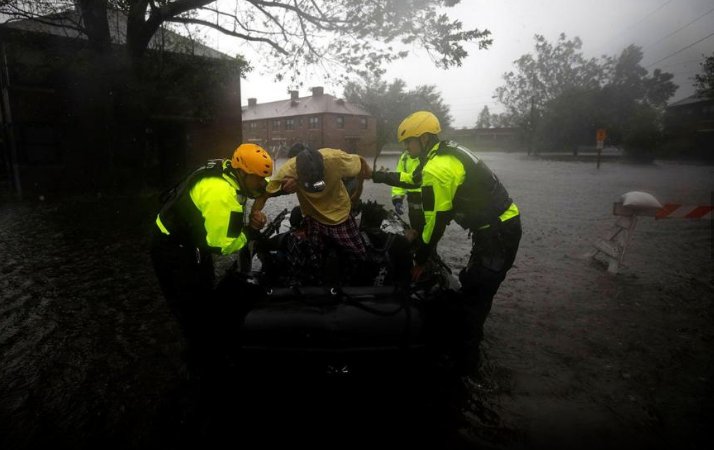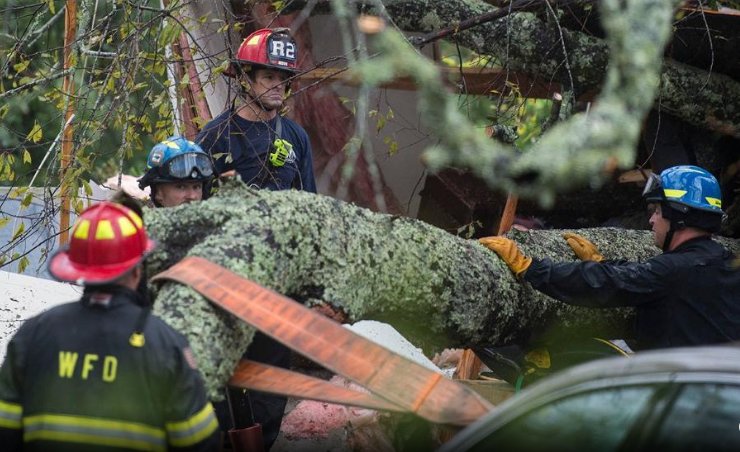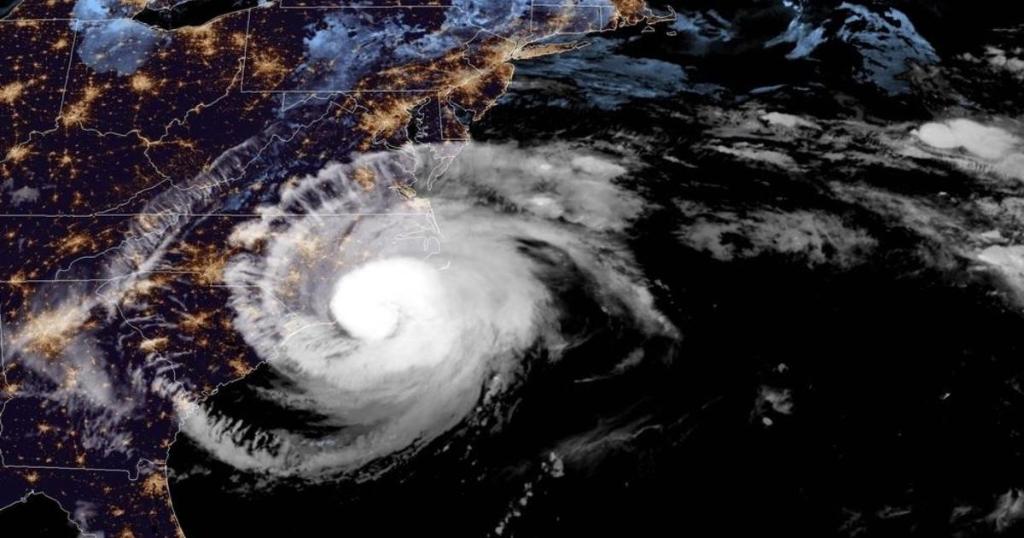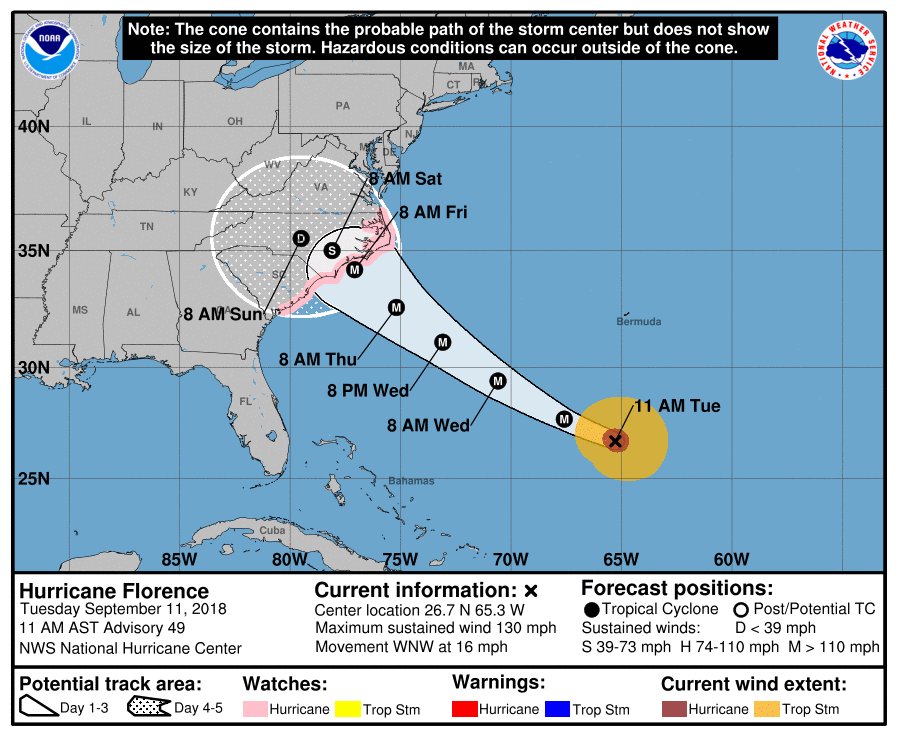Listen to your local officials. Please?
Info for SC in advance of Hurricane Florence:
Evac orders are a damn hard call between logistics, vulnerability of destabilization, & loss of trust if it’s conservative.
It’s also about infrastructure capacity, response resources, ability to serve basic needs in aftermath. It’s about temporary islands with no sewage. It’s about putting responders in danger.
Big evac zones may strike you as foolish, but it means no one will get fired for not showing up for shift when their home is flooded. (Still doesn’t help if they’re living paycheque-to-paycheque.)
When things get bad, all you’re doing is cluttering noise when impacted people are searching for life-safety info or emergency crews are trying to get situational data.
Use Florence without the #.
South coast already had a LOT of rain this year, which means soils are relatively saturated & water table is high.
That means flooding is going to happen faster than you’d expect — it’s like pouring into a glass that’s already half-full
Read more (& good animations): nhc.noaa.gov/surge/
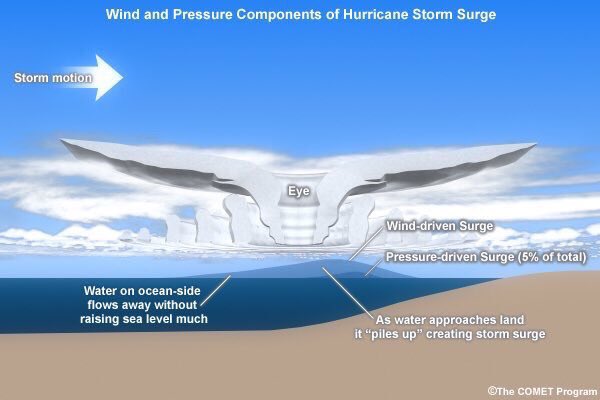
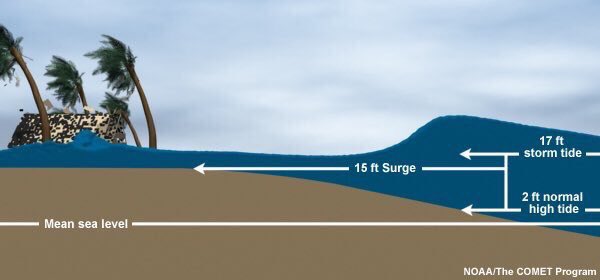
A: Hit up @Readygov. The FEMA App is also good: fema.gov/mobile-app
Key points:
1. Prep NOW, the clock is running out
2. Take care of those who can’t take care of themselves (kids, elderly, pets, some people with disabilities)
Please be gentle on people for the choices they're making.
Everyone is doing the best they can based on their personal context. It’s been a year since I wrote this thread, but it’s evergreen for every disaster:
Look for city/county/regional/national:
- emergency management
- emergency response, police, fire
- weather (US: NWS)
- science (US: USGS & NOAA)
- politicians (mayor, governor)
(If you’ve got advanced skillz, I’m hoping you already hooked up with local SAR & are gearing up in anticipation of activation.)
A: Money is so much easier to deal with than things (which rapidly turn into heaps of Stuff needing sorting & distribution).
Best bet is to donate to preexisting nonprofs with a history of working in the impacted communities, or employer matching funds.
If you’re under mandatory evac, leave as soon as you can. Traffic makes travel time nasty.
Always mandatory evac.
For voluntary evac, think carefully. Relocating increases vulnerability, especially if displacing from support networks & routines.
Always a good idea:






